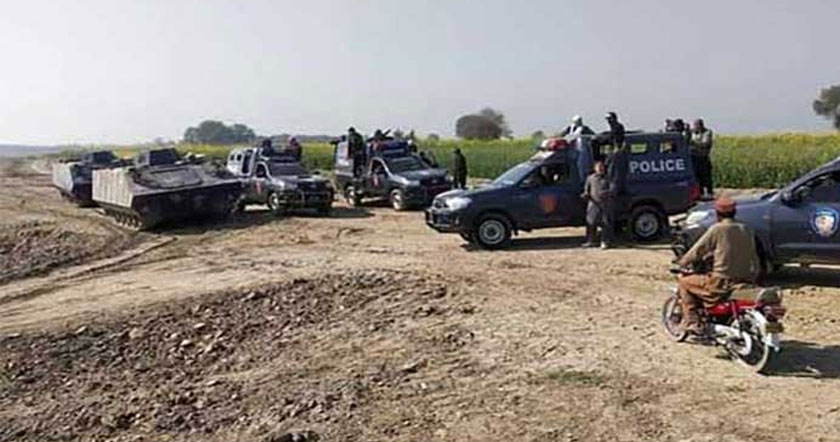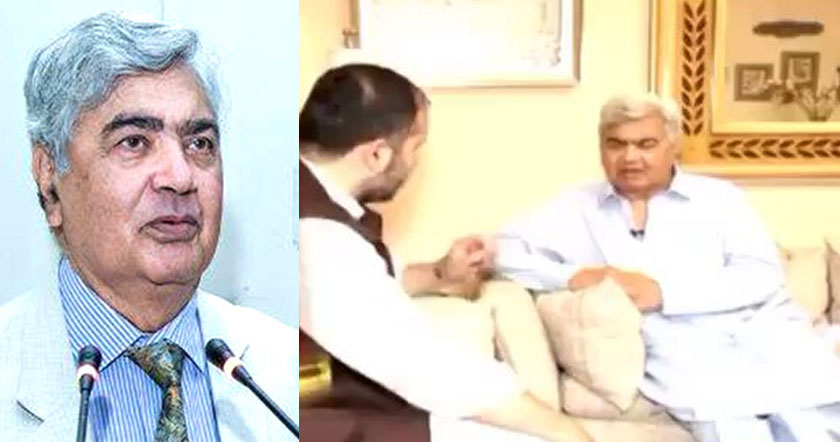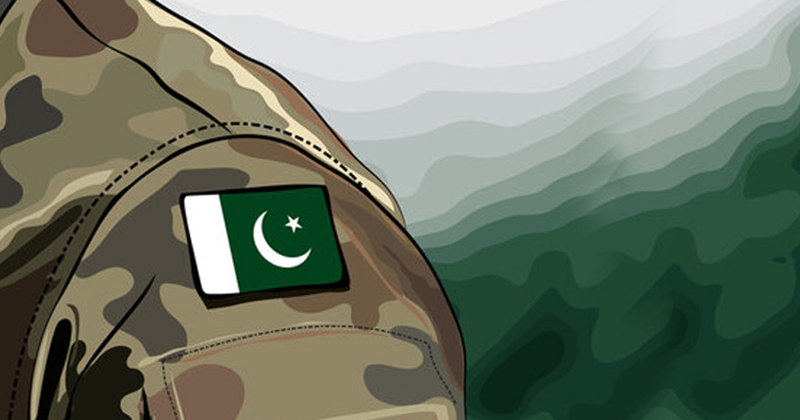BrassTacks program Yeh Ghazi on Timeline of the Muslim History. In this episode Zaid Hamid discusses the advent of Islam in the Indian Subcontinent through Muhammad Ibn Qasim. Muhammad bin Qasim was born around 695. His father died when he was young, leaving Qasim's mother in charge of his education. Umayyad governor Al-Hajjaj bin Yousef was one of Qasim's close relatives, and was instrumental in teaching Qasim about warfare and governing. At the age of seventeen, he was sent by Caliph Al-Walid I to lead an army into India in what is today the Sindh area of Pakistan. He was successful, rapidly taking all of Sindh and moving into southern Punjab up to Multan. Muhammad bin Qasim's armies defeated Raja Dahir at what is now Hyderabad in Sindh and established Islamic rule Besides being a great general, Muhammad bin Qasim was also an excellent administrator. He established peace and order as well as a good administrative structure in the areas he conquered. He was a kind hearted and religious person. He had great respect for other religions. Hindu and Buddhist spiritual leaders are given stipends during his rule. The poor people of the and were greatly impressed by his policies and a number of them embraced Islam. Those who tuck to their old religions erected statues in his honor and started worshiping him after his departure from their land.Muhammad bin Qasim had begun preparations for further expansions when Hajjaj died, as did Caliph Al-Walid I, who was succeeded by Sulayman ibn Abd al-Malik.Suleiman, was a political enemy of Hajjaj and recalled Qasim to Damascus. He could have easily refused to obey the Caliph's orders and declare his independence in Sindh.Yet he was of the view that obeying ones ruler is the duty of a general and thus he decided to go back to the center.He was imprisoned & was subsequently executed at the age of twenty. "Muhammad Bin Qasim was the first citizen of Pakistan."
Jazakallah
Jazakallah






































